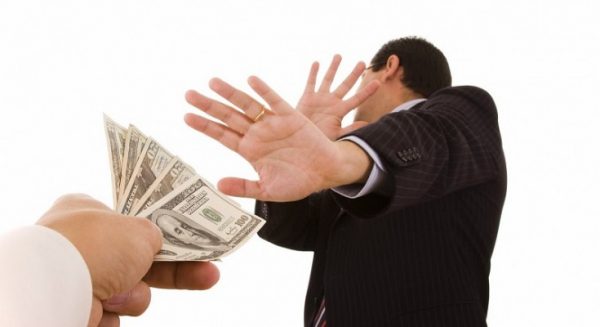In finance, a loan is the lending of money from one individual, organisation, or entity to another individual, organisation, or entity at an interest rate. It is evident by a promissory note which specifies the principle amount of money borrowed, the interest rate the lender is charging, and date of repayment.
Acting as a provider of loans is one of the principal task for financial institutions such as banks and credit card companies. For other institutions, issuing of debt contracts such as bonds is a typical source of funding.
There are two basic categories in which we can divide the type of loans: Secured Loan and Unsecured Loan. Let us elaborate on this:
Secured Loans: These loans are those loans that are protected by an asset or collateral of some sort. The items purchased, such as home or car can be used as collateral, and a lien is placed on such item. The finance company or bank will hold the deed or the title until the loan has been paid in full, including interest and all the applicable fees. Other items such as stocks, bonds and personal property can be put up to secure a loan as well.
Secured Loans are the best way to obtain large amounts of money. A lender is not likely to loan a large amount with assurance that money will be repaid. Putting your home or other property on the line is fairly safe guarantee that you will do everything in your power to repay the loan.
Secured loan usually offers low interest rates, higher borrowing limits and longer repayment terms than an unsecured loan. As the term implies the secured loans means you are providing security that your loan will be repaid according to the agreed terms and conditions. If you are unable to repay a secured loan, the lender can capture the collateral you have pledged and can sell it to pay back the loan.
Unsecured loan: Unsecured loans include things like credit card purchases, educational loans or personal loans. Lenders make a more of a risk by making such a loan, with no property or assets to recover in case of default, which is why interest rates are considerably higher. If you have been turned down for unsecured credit, you may still be able to obtain a secured loan, as long as you have something of value or if the purchase you wish to make can be used as a collateral.
When you apply for a loan that is unsecured, the lender believes you can repay the loan on the basis of your financial resources. You will be judged on basis of five C’s of credit- Character, Capacity, Capital, Collateral and Condition- these are all criteria used to assess one’s creditworthiness. Character, Collateral, Capacity, Capital refer to the borrowers willingness and ability to repay the debt. Conditions include the borrower’s situation as well as general economic factors.
Personal loans fall in the category of unsecured loan. Before you opt for it, you must check for personal loan interest rates with different lenders. Different banks assess borrower’s risk differently. Before you select your bank you should always check the borrowing cost.

